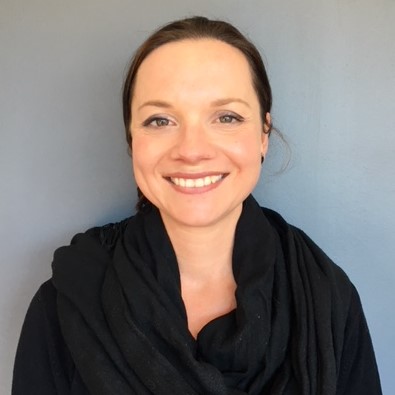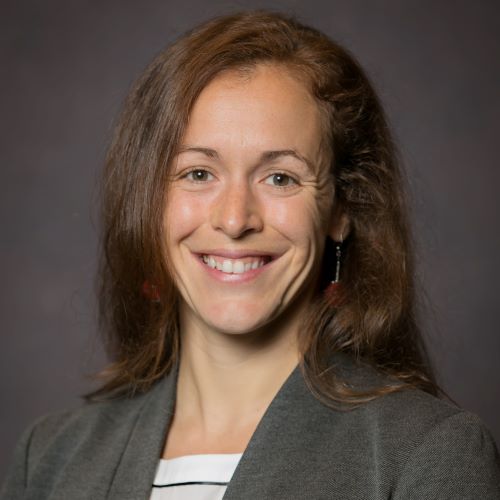The Sylff Association secretariat is seeking submissions of articles about COVID-19 to be published in the “Voices from the Sylff Community” section of the Sylff website. We hope to showcase the insights and activities of Sylff fellows related to the global pandemic and its social impact, the sharing of which may help others to better cope with the difficult circumstances. The articles will also be published in e-book form in 2021.
Articles should describe your insights, analyses, or activities related to the novel coronavirus. They can be written from either a professional or personal point of view. We will accept articles that have been printed in other media.
Two COVID-related articles have already posted on the Sylff website:
“Providing Space for Good Conversations on YouTube amid the COVID-19 Pandemic” by James Martyn
“What COVID-19 Can Teach Us about Prison: Reflections on Criminal Policy and the Words of Albert Camus” by Rui Caria
Submission Guidelines
Length: Approximately 1,500 words (may be longer depending on content)
Quotes: Please cite sources if you include quotes
Photos: Digital photos to go with the article are encouraged but not mandatory
Deadline: February 28, 2021
Submission: Send your article to sylff@tkfd.or.jp. The email subject line should include “VOICES COVID-19”
We are looking forward to receiving your “Voice” about the pandemic.




